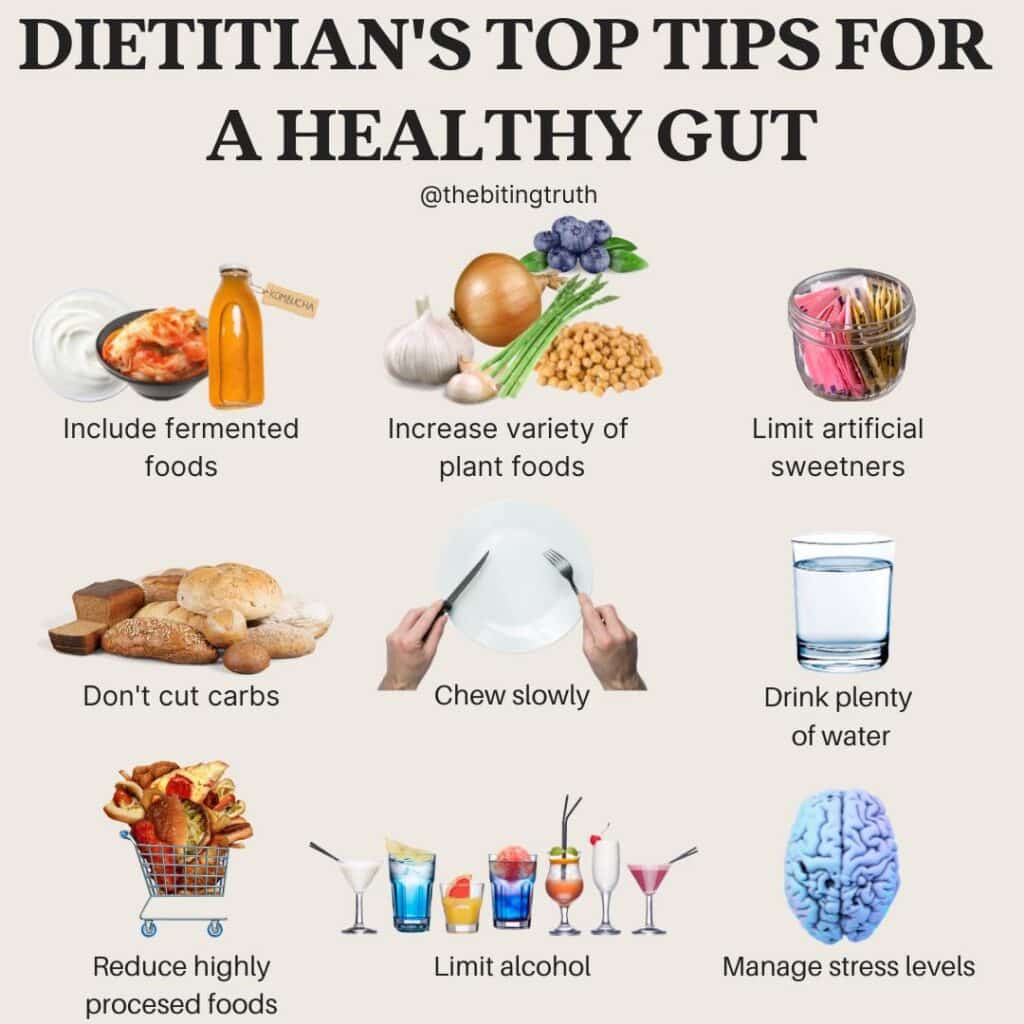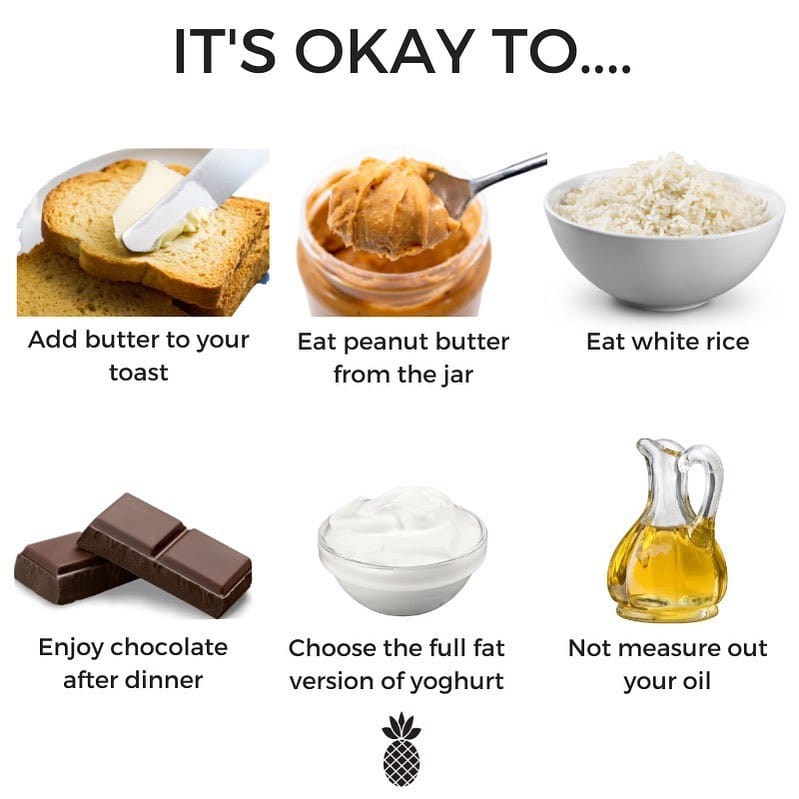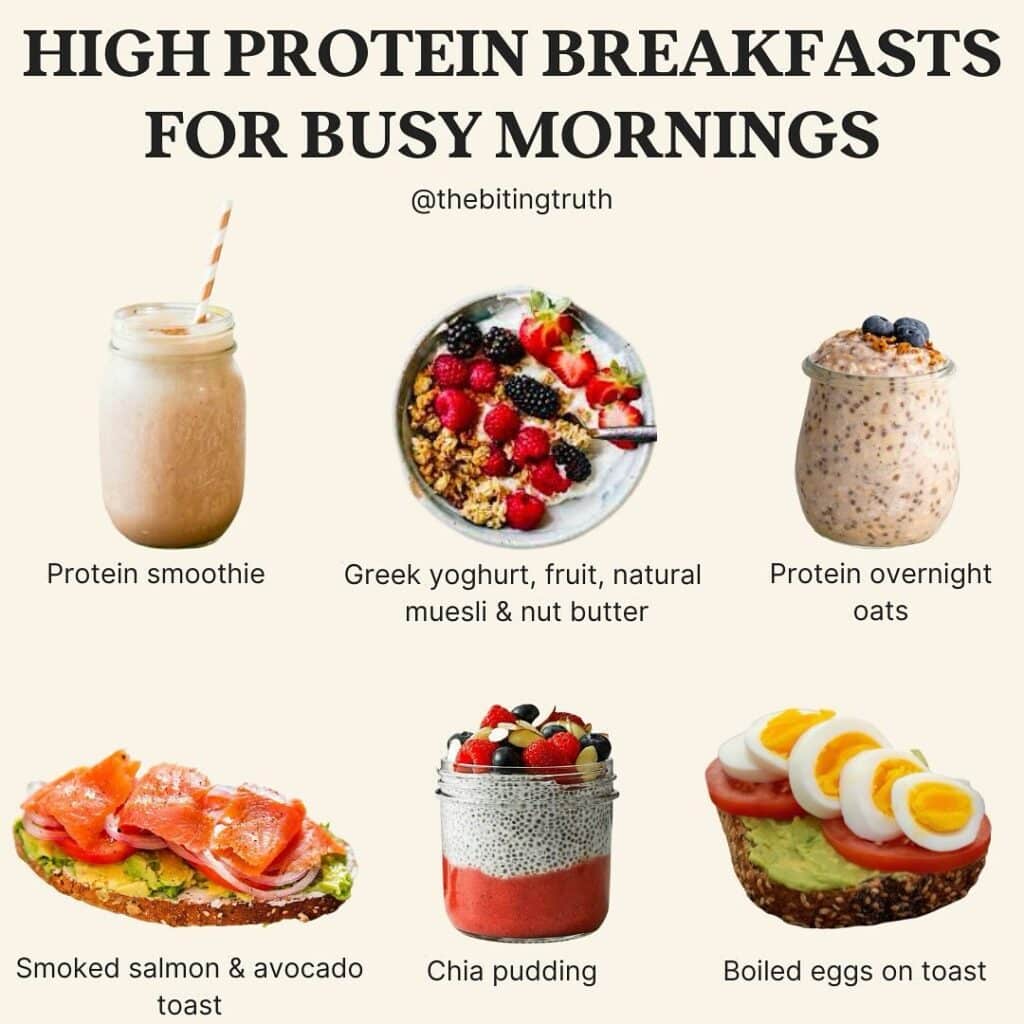Free shipping for orders over $80
Free shipping for orders over $80
It’s not always clear what we should or shouldn’t be eating to improve our heart health – especially when it comes to fats.
For years, the dietary advice from experts has simply been to reduce your intake of all saturated fats. From a dietary perspective, it is understood consuming foods high in saturated fat can increase your risk of cardiovascular disease. New research suggests that instead of only paying attention to the amount of saturated fat in your diet, you should consider what food sources the saturated fat is coming from.
In this article, we delve further into saturated fat and its association with heart disease and overall health.
Saturated fats are considered to be the ‘unhealthy’ type of fats. This is because they can increase total cholesterol, including the more harmful, LDL cholesterol. An increase in LDL cholesterol can increase the risk of blockages forming in arteries in the heart and elsewhere in the body. That’s why dietary recommendations emphasise the importance of reducing saturated fat intake. Saturated fats are usually hard at room temperature, such as butter, the fat in meat, and coconut oil.
Unsaturated fats, on the other hand, are considered to be the ‘healthy’ fats. These fats help reduce the risk of heart disease and lower cholesterol levels (among other health benefits) when they replace trans and saturated fats in the diet. There are two main types of unsaturated fats – polyunsaturated fats and monounsaturated fats that you should aim to include in your diet every day. These types of fats are found in foods like extra virgin olive oil, avocado, nuts, seeds and oily fish.
Up until now, health experts have recommended limiting intakes of all types of saturated fats due to its correlation with an increase in LDL cholesterol and an increased risk of heart disease.
However, recent research has focused on the food sources of saturated fat and the link between those foods and heart disease. It is clear that we cannot lump all sources of saturated fats together in terms of their association with heart disease, it depends on the food.
Foods are more than just the sum of their parts. They contain many different nutrients, vitamins, minerals and properties that may act together to prevent or cause certain diseases. Findings show us that the link between heart disease and saturated fats depends on what food sources it comes from.
Full fat dairy foods such as milk, cheese, yoghurt are a known source of saturated fats in the diet. For years, people have been urged to consider limiting their intake of these foods to reduce the saturated fat intake. However, recent research suggests this approach is too simple and not necessarily accurate.
Although dairy products contain saturated fats, they also contain beneficial nutrients such as protein, calcium, vitamin K2 and probiotics. Each of these nutrients may affect heart disease risk through different interrelated pathways – such as by their effects on blood sugar, cholesterol levels or inflammation. Also, different types of dairy products seem to be distinctly linked to various health effects and disease risk markers.
As such milk, cheese and yoghurt are not associated with cardiovascular risk. This means that they do not increase risk which is a good thing, but they do not decrease the risk in the same manner that fruit and vegetables, legumes, and nuts do either.
The latest dietary advice is to include less processed, unflavoured dairy products like milk, yoghurt and cheese (with no added sugar, limited sodium) in your healthy eating pattern. To learn more about what to eat to lower cholesterol check out our article here.
Saturated fats are found in a number of foods, many of which have shown to increase the risk of heart disease and cardiovascular disease. As such it is important to try and limit these foods in your diet and substitute for healthier options where possible.
Not all saturated fats are likely to influence the body in the same way. However, the advice still stands, cutting down on foods high in saturated fat and replacing them with foods higher in unsaturated fat can help improve cholesterol levels and reduce risk of heart disease.
–






